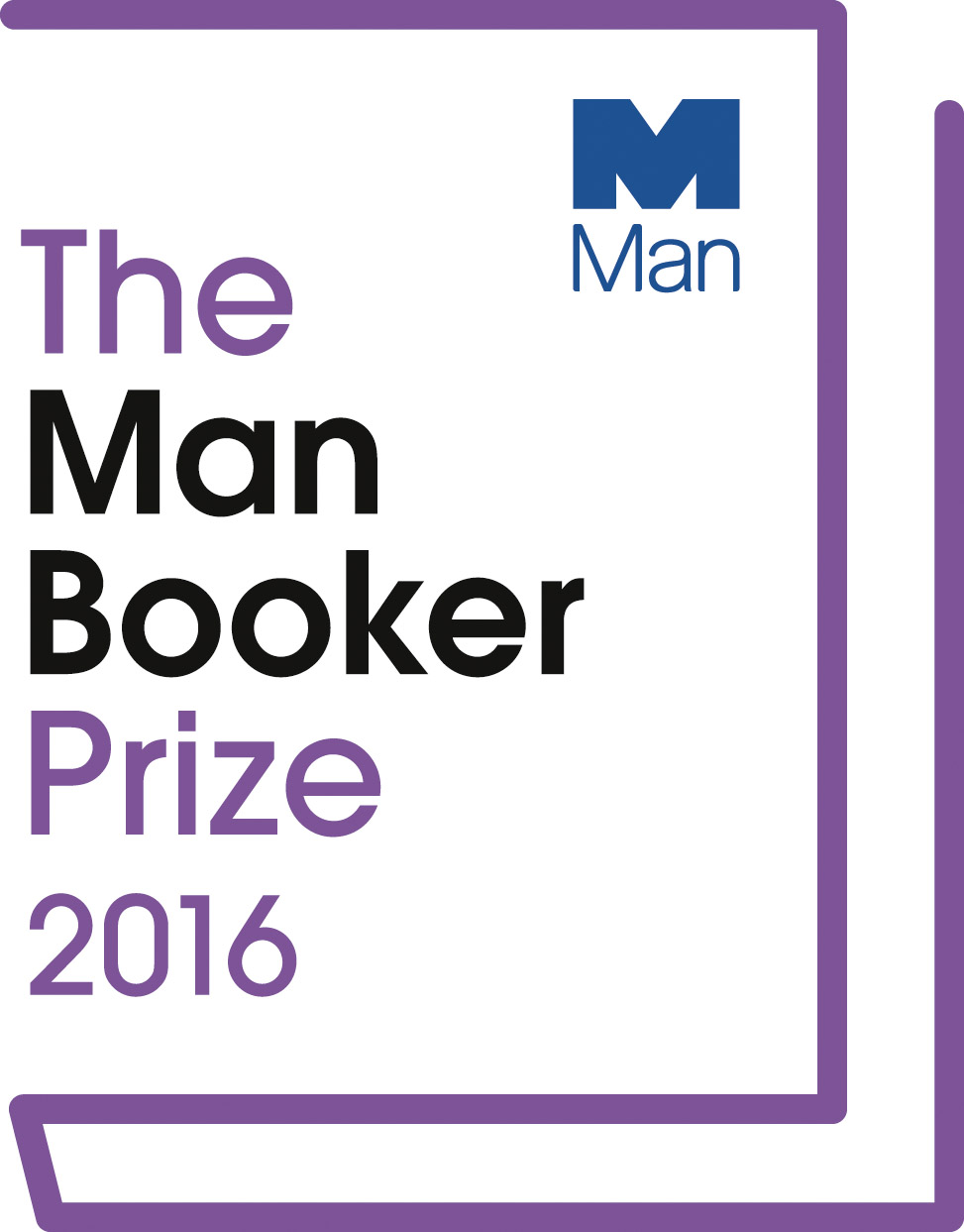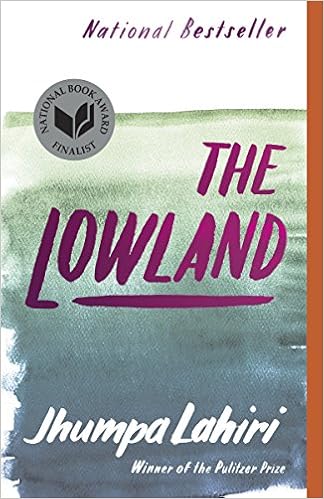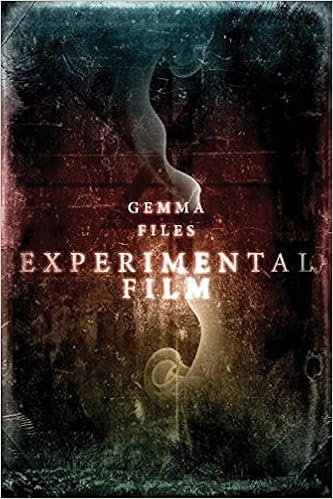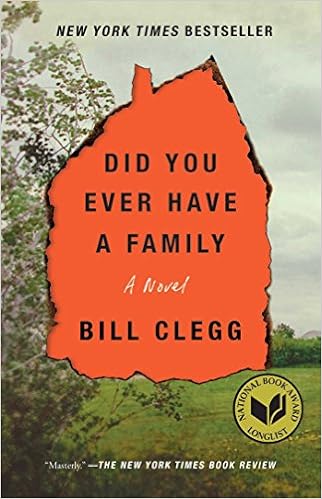3.5 Stars

I came
across this title a couple of times because it was nominated for a couple of
literary awards. When it appeared on the
longlist of the 2016 Man Booker Prize for Fiction, I decided it was one I
should read.
The
narrator is Eileen Dunlop, a woman in her 70s.
She tells us the events in her life during a week around Christmas 1964
when she was 24 years of age, events which cause her to “run away from home and
never go back.” As she says, “This is
the story of how I disappeared.” Eileen
lives with her drunken, emotionally abusive, and paranoid father, a retired
policeman, in X-ville, near Boston. She
works in a detention centre for teenage boys.
Her life is regimented and seems pointless to her. Then Rebecca is hired on staff and everything
changes.
There is a
mystery in the novel. We know that
Rebecca is the catalyst to Eileen’s disappearance since there is the repeated
refrain of “until Rebecca” but we don’t know exactly how. The
arrival of Rebecca “marked the beginning of the dark bond” but it is not until
the last quarter of the book that events come to a climax and Eileen ceases to
exist: “There’s no better way to say
it: I was not myself back then. I was someone else. I was Eileen.”
Though
there is suspense in the book which has been classified as a psychological
thriller, it is, more so, a character study of a troubled woman. Eileen was full of self-loathing. Early on, she admits, “I hated my face with a
passion.” She details what she
hated: “I felt my mouth was horselike and
ugly, and so I barely smiled” and “My own eyes, I thought, were like shallow
lake water, green, murky, full of slime and sand.” Even “having to breathe was an embarrassment
in itself.”
Eileen was
emotionally repressed. She describes
herself as “terribly sensitive, and determined never to show it” so she wore
what she calls a “death mask.” She even
practiced her death mask – “face in perfect indifference, no muscles twitching,
eyes blank, still, brow furrowed ever so slightly.” She admits she was “very unhappy and angry
all the time,” so “I looked so boring, lifeless, immune and unaffected, but in
truth I was always furious, seething, my thoughts racing, my mind like a killer’s.” There’s a great image she uses to describe
her life: “life itself was like a book
borrowed from the library – something that did not belong to me and was due to
expire.” She felt invisible though she
didn’t want to be: “I hoped they saw
right through my death mask to my sad and fiery soul, though I doubt they saw
me at all.” She was self-obsessed: “I was selfish, solely concerned with my own
wants and needs.”
Her
behaviour does not make her a likeable person.
She states honestly, “I was a shoplifter, a pervert . . . and a liar.” Though she hid her body in her dead mother’s
too-large, matronly clothes, she was fixated on her “nether regions”: “I worried that when anyone’s eyes cast
downward, they were investigating my nether regions and could somehow decipher
the complex and nonsensical folds and caverns wrapped up so tightly down there
between my legs.” Though she calls
herself a prude and admits that “sexual excitement nearly always made me feel
sick,” she had dreams of rape: “Of
course I hoped to be raped by only the most soulful, gentle, handsome of men,
somebody who was secretly in love with me.”
She “didn’t wash my hands after using the toilet” and didn’t shower,
liking “to stew in my own filth sometimes.” She had a peculiar way to keep her
composure: “When I was very upset, hot
and shaking, I had a particular way of controlling myself. I found an empty room and grit my teeth and
pinched my nipples while kicking the air like a cancan dancer until I felt
foolish and ashamed.”
By chance,
I just finished reading Martin John by
Anakana Schofield which is also a character study of a misfit. Like the protagonist of that book, Eileen
arouses the reader’s sympathy and revulsion at the same time. It is uncomfortable to be in Eileen’s head
because she focuses so much on all that is ugly. Unlike Schofield’s book, however, this one
offers hope because we know that Eileen goes on to become a better person: “I watched that old world go by, away and
away, gone gone gone, until, like me, it disappeared.”
As a
psychological thriller, this book is less successful. Its pace is too slow. But as a character study, it definitely succeeds.

![Martin John by [Schofield, Anakana]](https://images-na.ssl-images-amazon.com/images/I/51S-lCRdVTL._SY346_.jpg)
![Before the Fall by [Hawley, Noah]](https://images-na.ssl-images-amazon.com/images/I/41hULkqC0dL.jpg)







